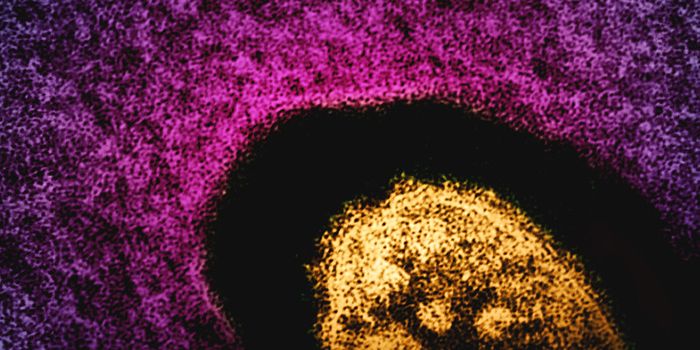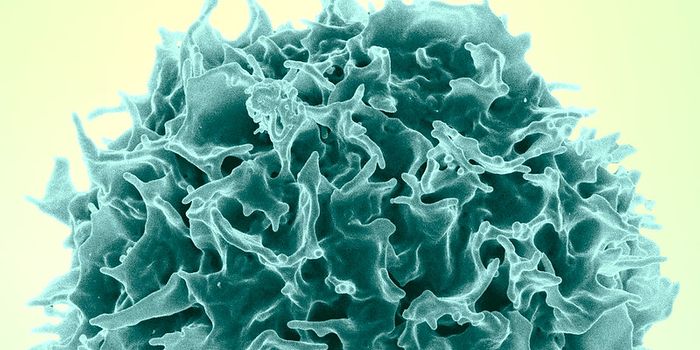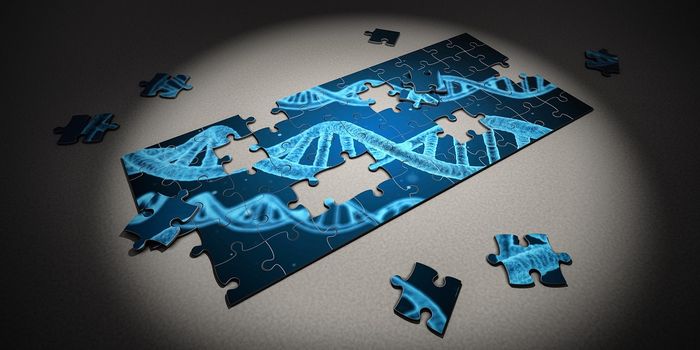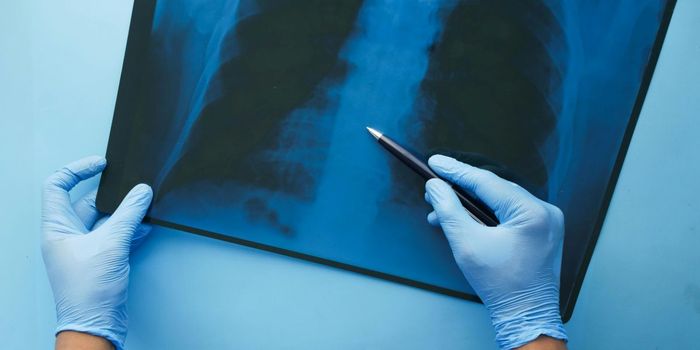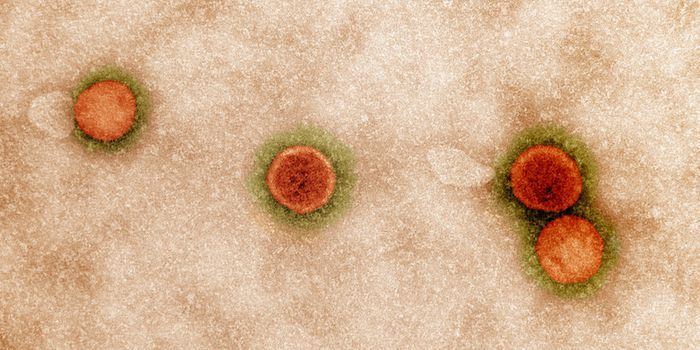How do you sober up a drunk mouse? FGF21
Over the years, animals have evolved to have functioning livers or at least liver enzymes with the capability of metabolizing alcohol. Afterall, some animals tend to eat fruits with simple sugars, and when they consume these sugars that naturally ferment and turn into alcohol, they experience alcohol intoxication. Studies have shown that the ability to metabolize ethanol may even be an evolutionary driver, as species not exposed to ethanol lost the ability to metabolize it.
FGF21 is a hormone activated by our livers during ethanol intoxication. FGF21 thereby plays a role in serving as a hepatoprotective drug, meaning it protects the liver from adverse effects of ethanol. A group of scientists at the University of Texas, Southwestern have developed a pharmaceutical administration of FGF21 and discovered remarkable effects when injected in mice, with results published in Cell.
These scientists got mice inebriated by administering a dose of 5grams/kilogram of ethanol via oral gavage. Oral gavageis a type of dosing for animals; it is when a specific volume of a drug needs to be administered orally via a tube placed inside the stomach. The mice were split up into two types of mice, the control group (wild-type mice) and the experimental group (Fgf21-/- mice.) They examined and timed both groups of mice and their “righting reflex” which is a sign of alcohol intoxication in animals. As the righting reflex waned, they could tell the alcohol was more metabolized.
Learn about oral gavaging here:
First, they established that the Fgf21 knockout mice needed 1.5 hours to recover more than the WT mice. After these mice recovered, they examined the mice again. This time, they administered 5g/kg of ethanol via oral gavage to all WT mice, and then an hour later, administered either a placebo or an intraperitoneal dose of FGF21. This administration reduced the FGF21 mice’s time required to recover from alcohol intoxication by 1.5 hours compared to placebo treated mice.
These results are remarkable, as it not only shows that a deficiency of FGF21 slows recovery from alcohol intoxication, but it also shows that administration of FGF21 accelerates recovery from alcohol intoxication. Future studies are highly anticipated, and the long-term effects of this could be remarkable for use in humans.
References
1 Dudley R, Maro A. Human Evolution and Dietary Ethanol. Nutrients. 2021; 13(7):2419. https://doi.org/10.3390/nu13072419
2 Genetic evidence of widespread variation in ethanol metabolism among mammals: revisiting the 2018 myth of natural intoxication M. C. Janiak, S. L. Pinto, G. Duytschaever, M. A. Carrigan and A. D. Melin Biology Letters 2020 Vol. 16 Issue 4 Pages 20200070 DOI: doi:10.1098/rsbl.2020.0070
https://royalsocietypublishing.org/doi/10.1098/rsbl.2020.0070
3 Owen BM, Mangelsdorf DJ, Kliewer SA. Tissue-specific actions of the metabolic hormones FGF15/19 and FGF21. Trends Endocrinol Metab. 2015;26(1):22-29. doi:10.1016/j.tem.2014.10.002
4 Choi M, Schneeberger M, Fan W, et al. FGF21 counteracts alcohol intoxication by activating the noradrenergic nervous system. Cell Metab. 2023;35(3):429-437.e5. doi:10.1016/j.cmet.2023.02.005

